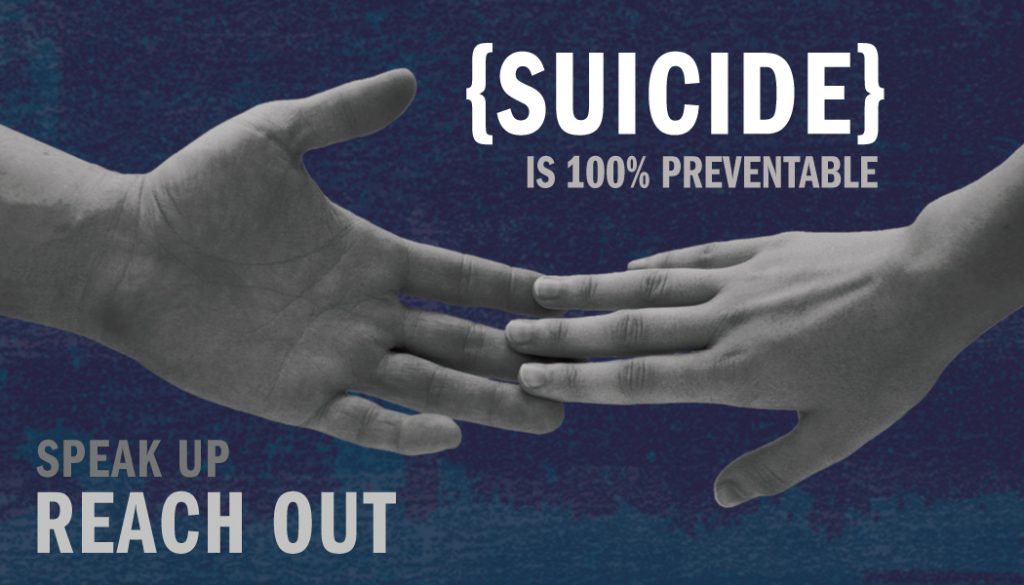Fact Sheet: Young People and Suicide: Teen Suicide
Teens need adult guidance more than ever to understand all the emotional and physical changes they are experiencing. When teens’ moods disrupt their ability to function on a day-to day basis, it may indicate a serious emotional or mental disorder that needs attention – adolescent depression.
Facing The Danger Of Teen Suicide
Sometimes teens feel so depressed that they consider ending their lives. Each year, almost 5,000 young people, ages 15 to 24, kill themselves. The rate of suicide for this age group has nearly tripled since 1960, making it the third leading cause of death in adolescents and the second leading cause of death among college age youth.
Studies show that suicide attempts among young people may be based on long standing problems triggered by a specific event. Suicidal adolescents may view a temporary situation as a permanent condition. Feelings of anger and resentment combined with exaggerated guilt can lead to impulsive, self-destructive acts.
Recognizing The Warning Signs
Four out of five teens who attempt suicide have given clear warnings. Pay attention to these warning signs:
- Suicide threats, direct and indirect
- Obsession with death
- Poems, essays and drawings that refer to death
- Dramatic change in personality or appearance
- Irrational, bizarre behavior
Trust The Experts In Behavioral Health™
- Overwhelming sense of guilt, shame or reflection
- Changed eating or sleeping patterns
- Severe drop in school performance
- Giving away belongings
Helping Suicidal Teens
- Offer help and listen. Encourage depressed teens to talk about their feelings. Listen, don’t lecture.
- Trust your instincts. If it seems that the situation may be serious, seek prompt help. Break a confidence if necessary, in order to save a life.
- Pay attention to talk about suicide. Ask direct questions and don’t be afraid of frank discussions. Silence is deadly!
- Seek professional help. It is essential to seek expert advice from a mental health professional who has experience helping depressed teens. Also, alert key adults in the teen’s life – family, friends and teacher.
What About You?
Perhaps you have sometimes felt like ending your life. Don’t be ashamed of it. Many people, young and old, share your feelings. Talk to someone you trust. If you like, you can call one of the agencies mentioned above and talk about the way you feel without telling them who you are. Things seem very bad sometimes. But those times don’t last forever. Ask for help. You can be helped. Because you deserve it.
Remember!!
- These warning signs should be taken seriously.
- Get help immediately.
- Caring can save a young life.
Source: Mental Health America 2010.
Download Let’s Talk About it Fact Sheet – Teen Suicide (PDF)

